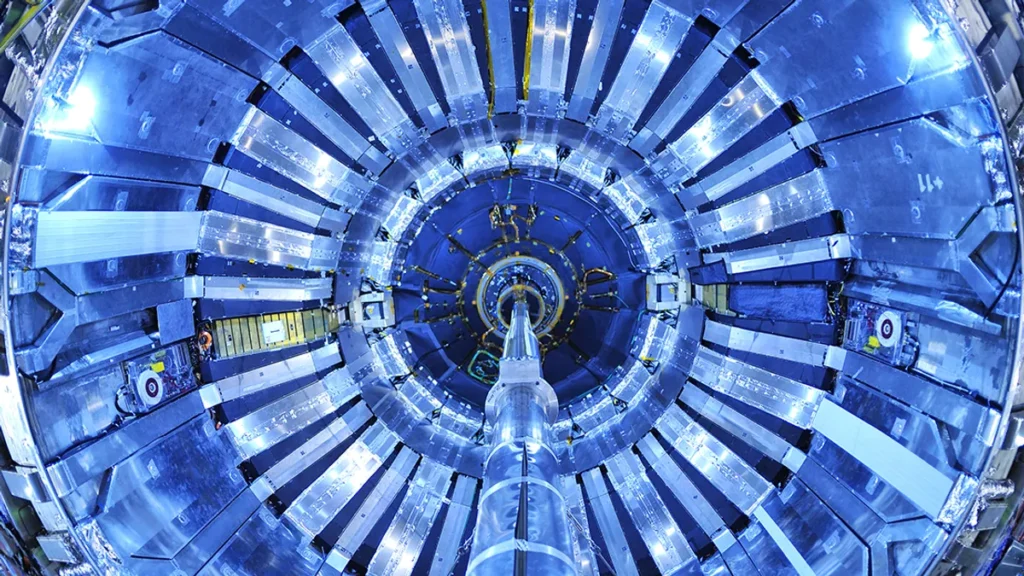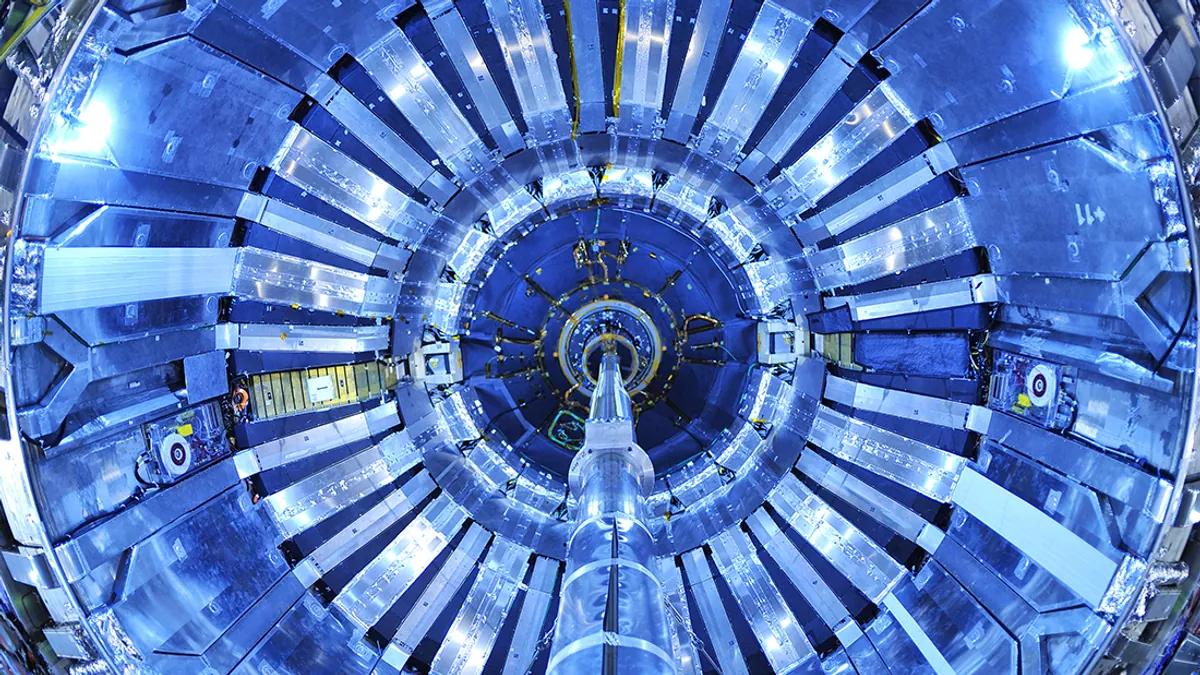
In a surprising twist to the ongoing discourse surrounding the Large Hadron Collider (LHC), conspiracy theorists have begun to claim that the latest experiments conducted by the LHC have transferred us into a parallel universe. These bold assertions have sparked widespread debate and curiosity, raising questions about the nature of reality and the potential implications of advanced scientific experiments.
The Latest LHC Experiment
Unprecedented Particle Collision
The recent experiment at the LHC, conducted by CERN (the European Organization for Nuclear Research), involved colliding particles at unprecedented energy levels. This experiment aimed to explore the fundamental building blocks of the universe and uncover new physics beyond the Standard Model. Scientists hoped to gain insights into dark matter, extra dimensions, and the fundamental forces that govern the universe.
Scientific Breakthroughs and Public Fascination
While the experiment yielded valuable data and potential breakthroughs in particle physics, it also captured the public’s imagination. The immense power and complexity of the LHC have always been a source of fascination and, occasionally, concern among the general populace.
Rise of the Parallel Universe Theory
Speculation and Misinterpretation
In the wake of the experiment, conspiracy theorists began to circulate the idea that the LHC’s activities had somehow shifted our reality into a parallel universe. This theory stems from a combination of speculative fiction, scientific misinterpretation, and a lack of understanding of the LHC’s true capabilities.
Notable Claims and Anecdotal Evidence
Proponents of this theory cite various pieces of anecdotal evidence, such as perceived changes in historical facts, alterations in familiar objects, and even personal memories that seem inconsistent with the current reality. These claims, while intriguing, lack scientific validation and are often dismissed by experts as examples of the Mandela Effect—a phenomenon where large groups of people remember events differently from how they occurred.
Scientific Response
Experts Debunk the Theory
Leading physicists and scientists have been quick to debunk the parallel universe theory. Dr. Maria Rivera, a particle physicist at CERN, stated, “The idea that the LHC could transfer us into a parallel universe is pure science fiction. Our experiments are designed to study subatomic particles and the fundamental forces of nature. While they are groundbreaking, they do not have the capability to alter our reality in such a manner.”
Understanding the Mandela Effect
Experts also explain that the Mandela Effect can account for the discrepancies people believe they are experiencing. This psychological phenomenon occurs when individuals remember events differently due to cognitive biases, memory distortions, and the influence of collective memory.
The Role of Conspiracy Theories
Why Do Conspiracy Theories Persist?
Conspiracy theories often thrive in times of uncertainty and complex scientific advancements. The LHC, with its immense power and groundbreaking experiments, provides fertile ground for such theories. People may turn to these narratives as a way to make sense of phenomena that seem beyond their comprehension.
Impact on Public Perception
While entertaining, these theories can also impact public perception of scientific endeavors. Misinformation can lead to unnecessary fear and skepticism, undermining the valuable work conducted by scientists and researchers.
Moving Forward
Promoting Scientific Literacy
To counteract the spread of conspiracy theories, it is crucial to promote scientific literacy and public understanding of complex topics like particle physics. Educational outreach and transparent communication from scientific institutions can help demystify the work being done and reassure the public.
Encouraging Critical Thinking
Encouraging critical thinking and skepticism towards unfounded claims can also help mitigate the influence of conspiracy theories. By fostering a more informed and discerning public, we can ensure that scientific progress is viewed with the respect and curiosity it deserves.
Conclusion
While the notion that the Large Hadron Collider has transferred us into a parallel universe makes for an intriguing story, it remains firmly in the realm of science fiction. As scientists continue to explore the mysteries of the universe, it is essential to distinguish between imaginative speculation and empirical evidence. The LHC’s work is indeed extraordinary, but its true marvels lie in the genuine scientific discoveries that enhance our understanding of the cosmos.

